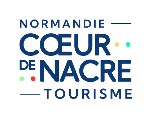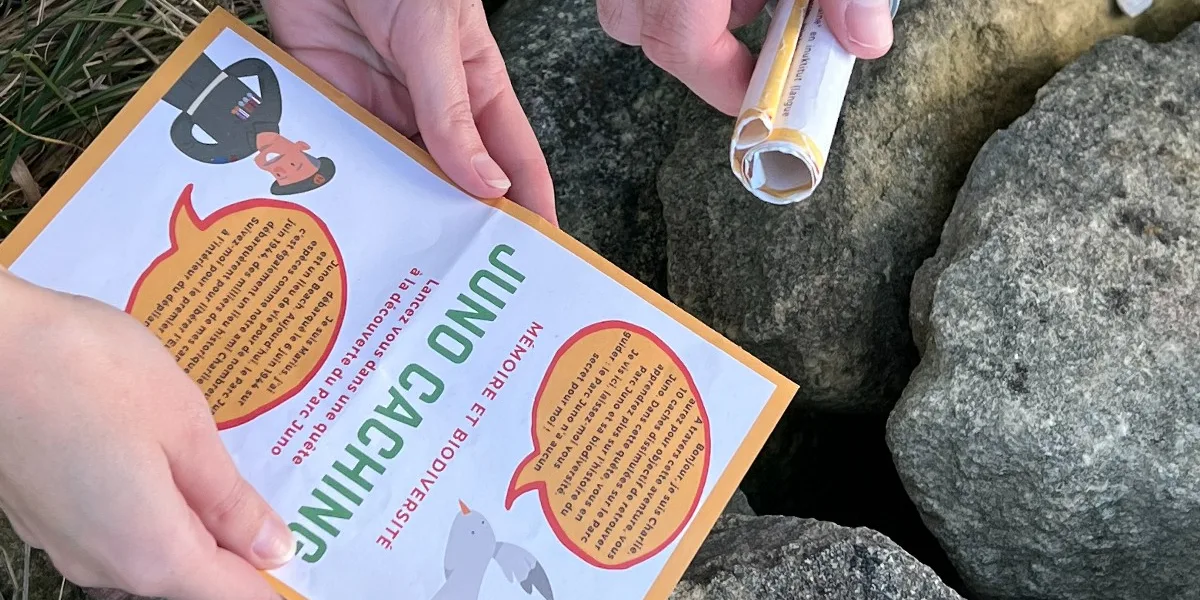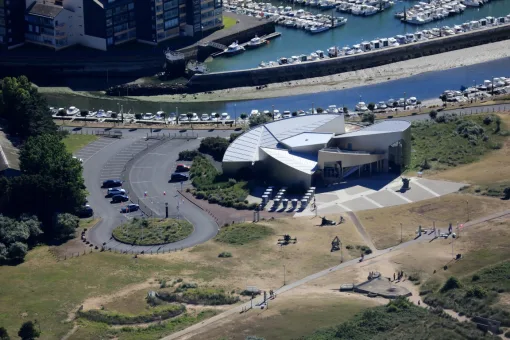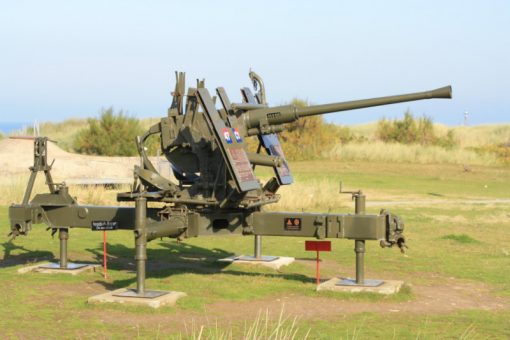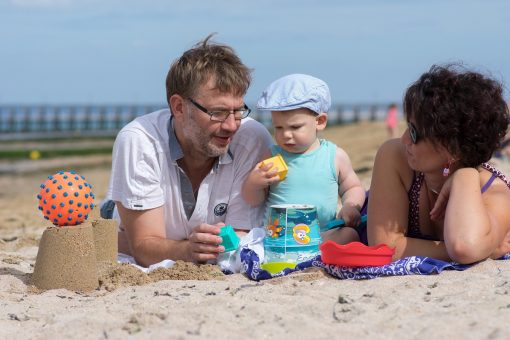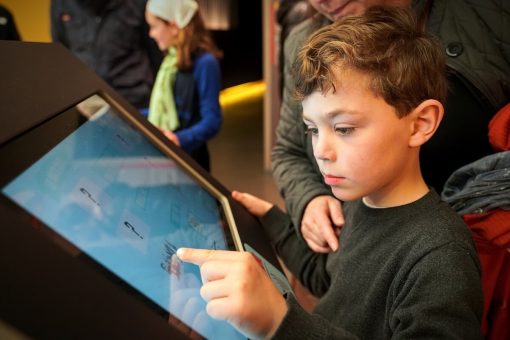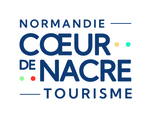Is it possible to have fun learning about D-Day?
We’ll tell you how to take advantage ?
Vacations are always an opportunity to discover new activities, so let us tell you about Juno Caching, the D-Day exploration game offered by the Juno Beach Centre.
In this article, we’re going to tell you about a fun trail to try out, in a park you know well, or perhaps thought you did: Parc Juno in Courseulles-sur-Mer.
This new free game set up by Ophélie and Oranne from the Juno Beach Centre has been dubbed “Juno Caching”.
That is the reason why we couldn’t resist testing it out for you.
Here’s how it works…
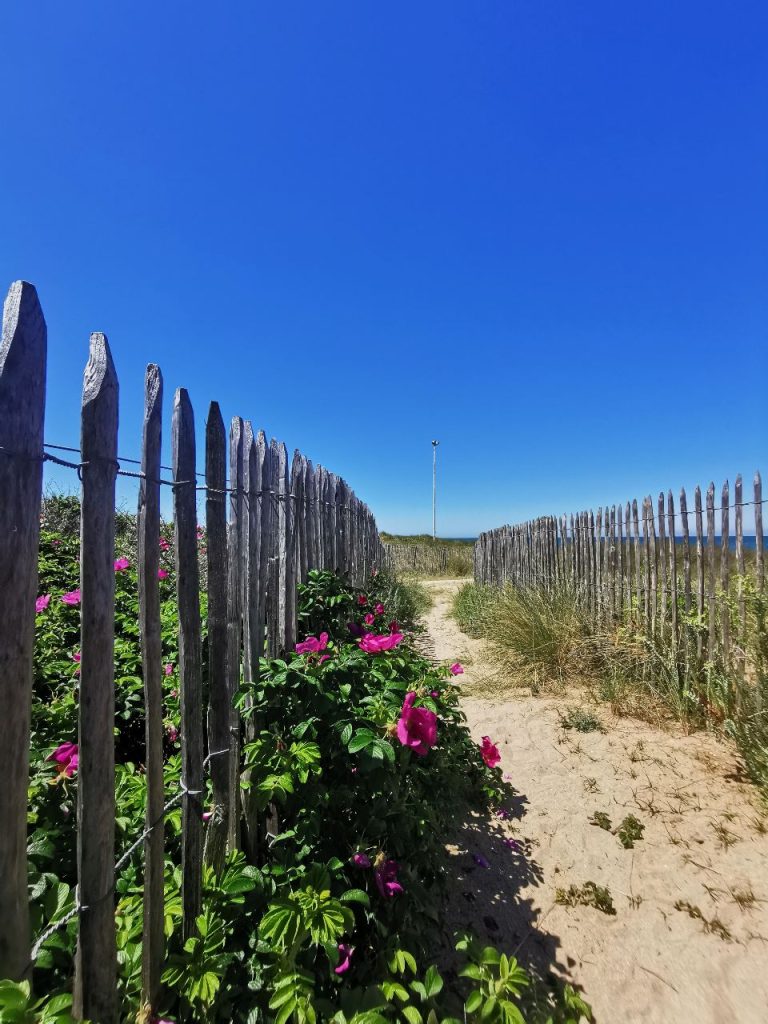
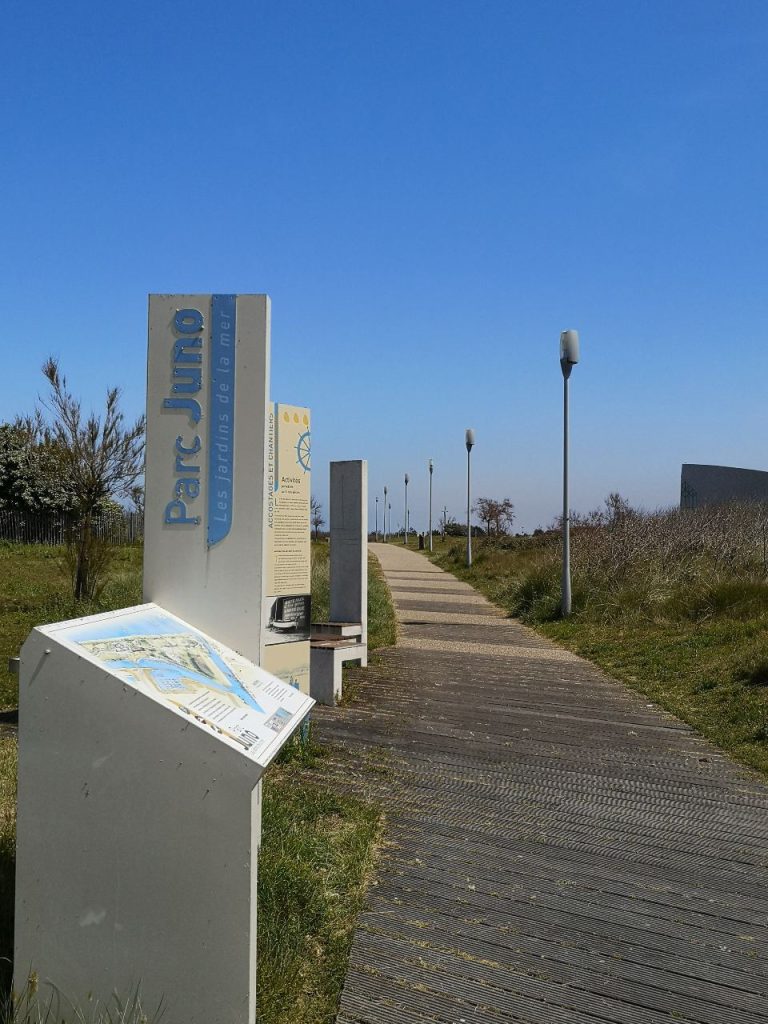
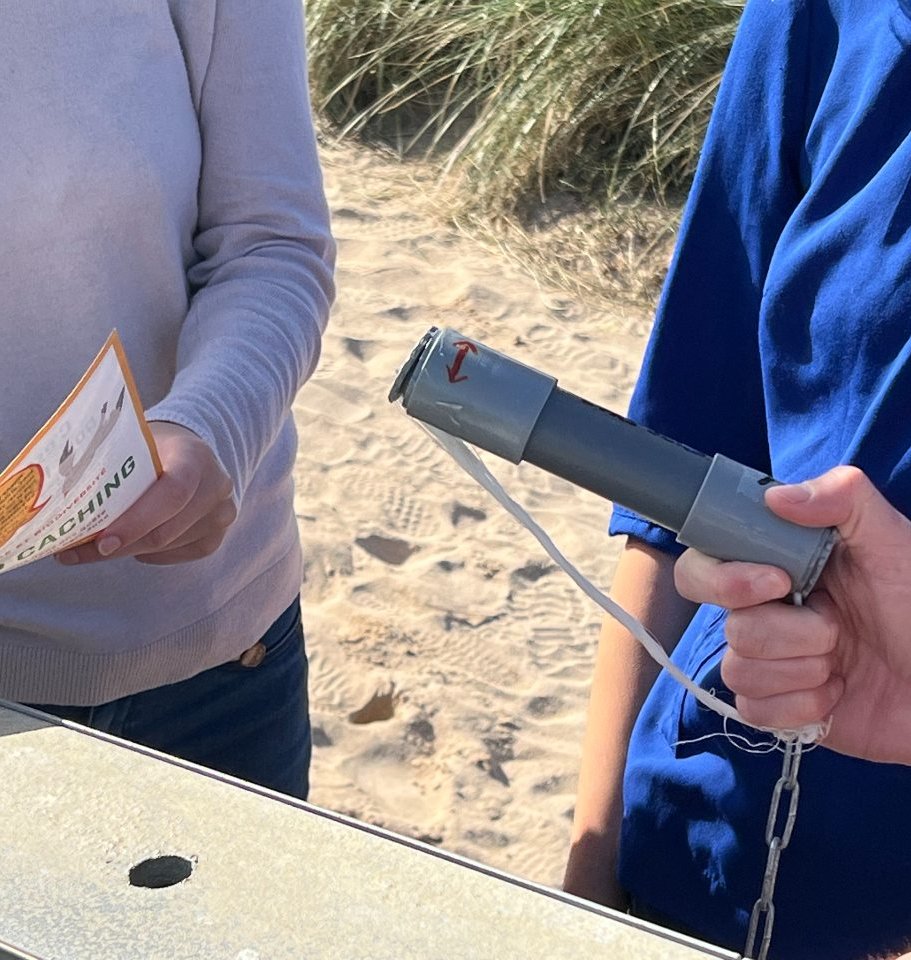
A simplified version of Geocaching for everyone.
Welcome to Juno Caching the coolest D-Day exploration game.
Geocaching is a trendy game that lets you discover the remains of the Atlantic Wall.
A single objective: to discover, in ten stages, the history linked to the role of Canadian troops on the beach on June 6, 1944, while respecting the biodiversity of the environment in which you will be evolving.
No cache location…
Whether on your own or with your family (aged 8 and over), you’ll have no trouble tackling this course featuring ten caches scattered around the museum grounds.
“Unlike traditional geocaching, there’s no need to locate caches on an app”.
Ophélie
It’s really a treasure hunt, which will stay in the park for good.
After each cache discovery, you’ll be tasked with writing down a piece of code until you can reconstruct the code in its entirety to solve the final enigma.
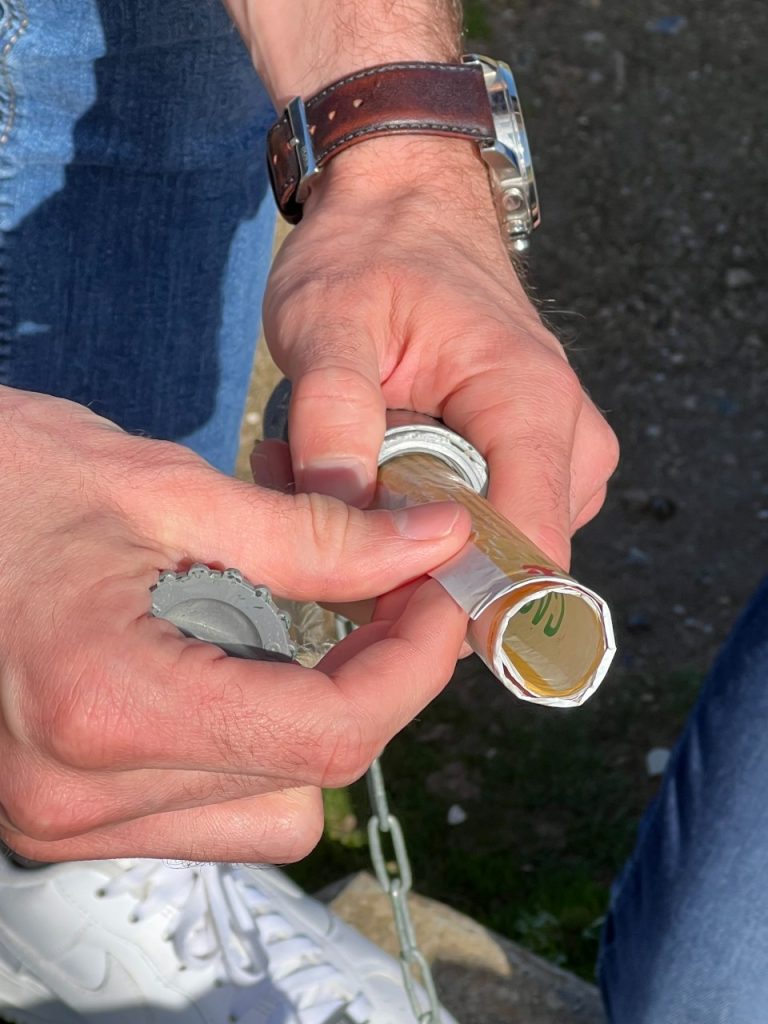
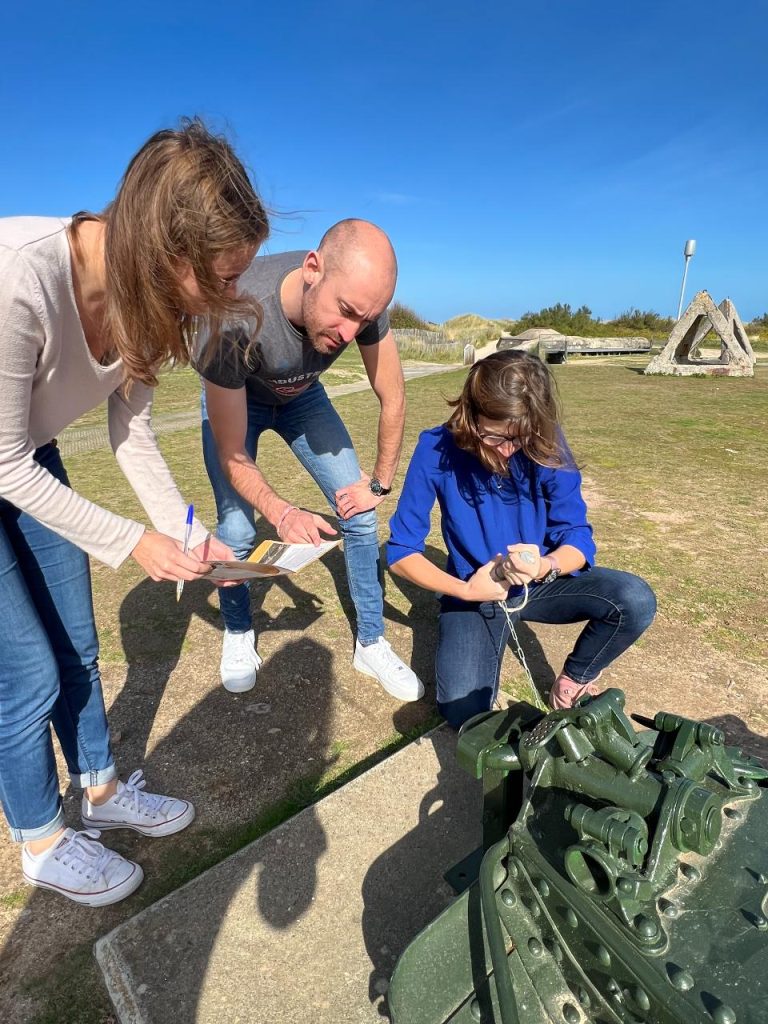
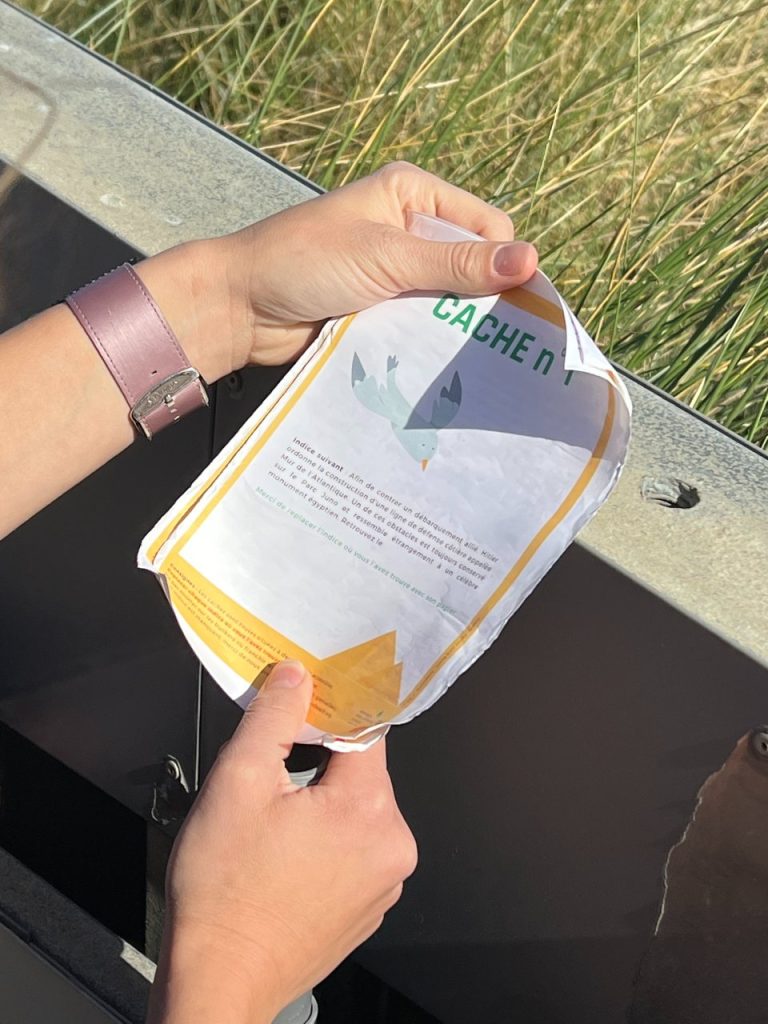
In this park (inaugurated in 2004), a specially designed trail provides information on the site’s geographical location, historical character and natural wealth.
Today, the site is also a model of biodiversity, home to representative seaside flora and fauna.
Welcome to an exceptional, unspoilt maritime setting.
Parc Juno is also, and above all, a space open to visitors all year round.
“Tetrahedron” or ‘inukshuk’ (Do you know these terms?)
Let the adventure begin…with the Juno Caching, the D-Day exploration game.
Our little group of Manon, Océane and myself, flyer in hand, set off on our adventure towards the remains of the Park.
Armed only with a pen, it doesn’t take long for us to get the measure of the environment before us…
Our playground is a natural dune area.
It was here, on this beach, that violent fighting on D-Day, June 6, 1944, pitted the young Canadian troops against the German forces guarding the port.
Many remnants of the German defense system that made up the Atlantic Wall can still be found here.
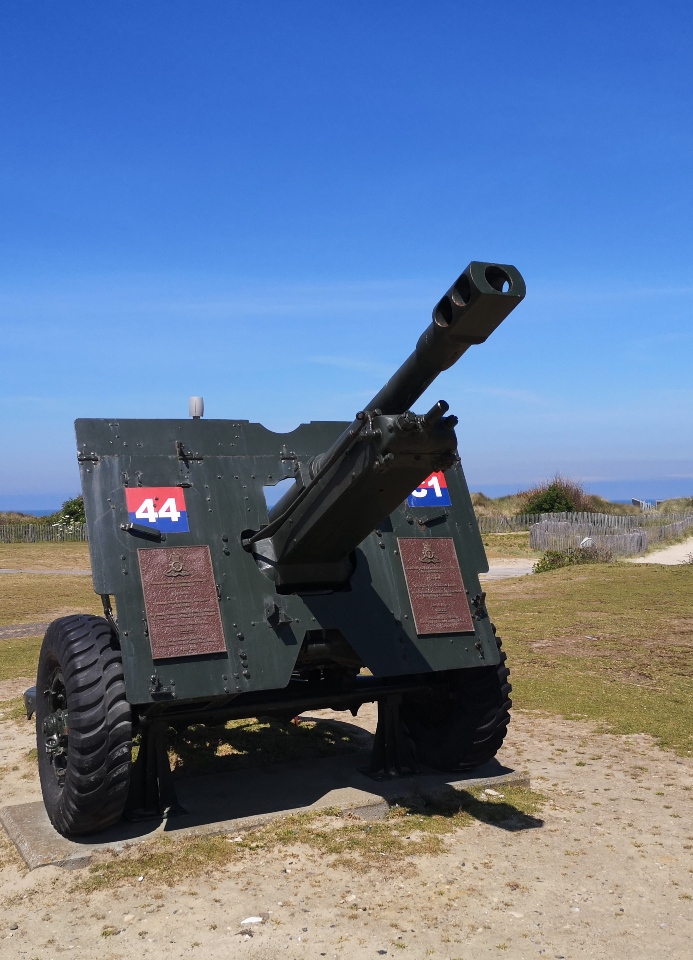
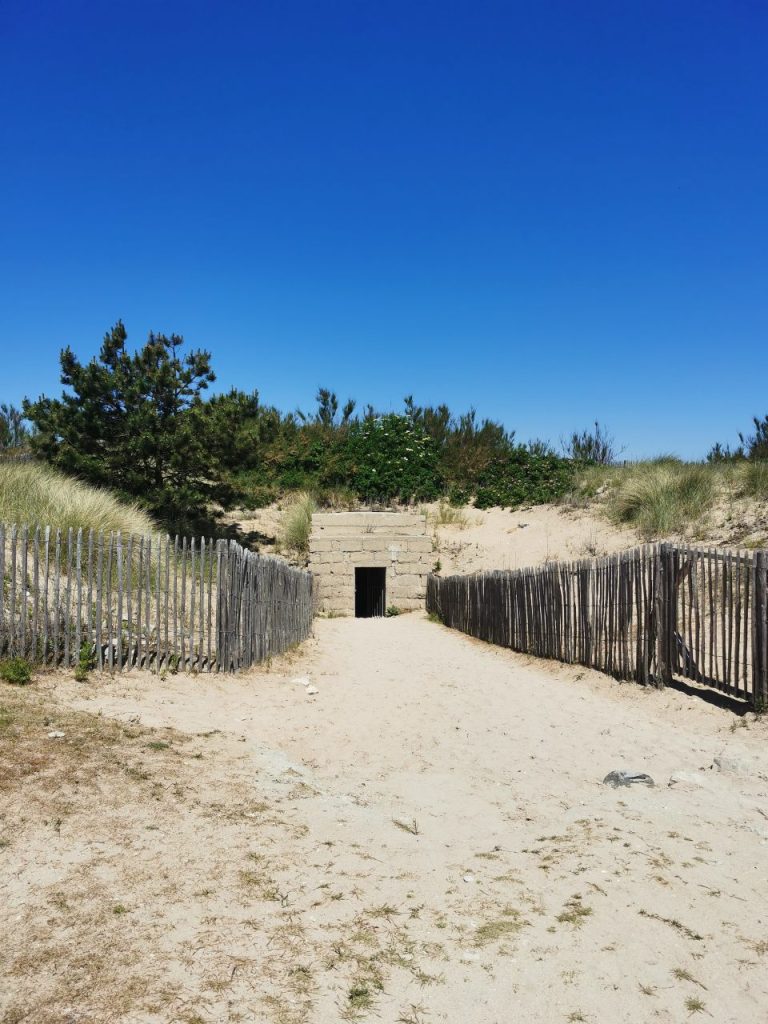
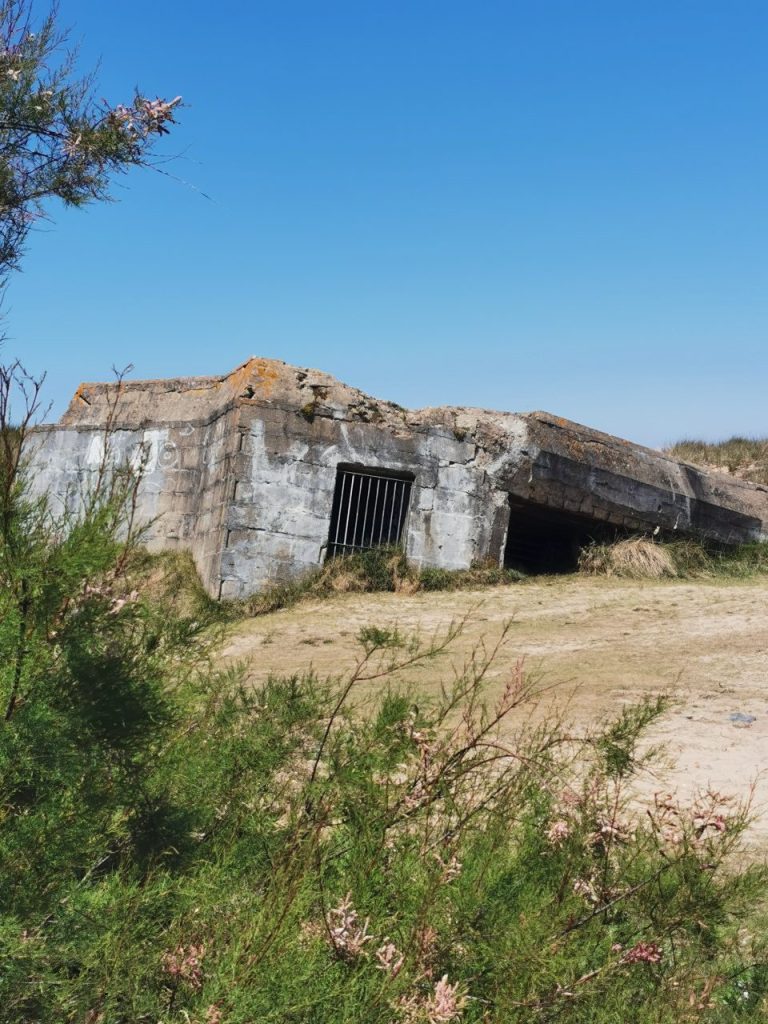
Quickly, and with the help of the first deciphered clue, we head for the part of the park that seems to house the first cache…
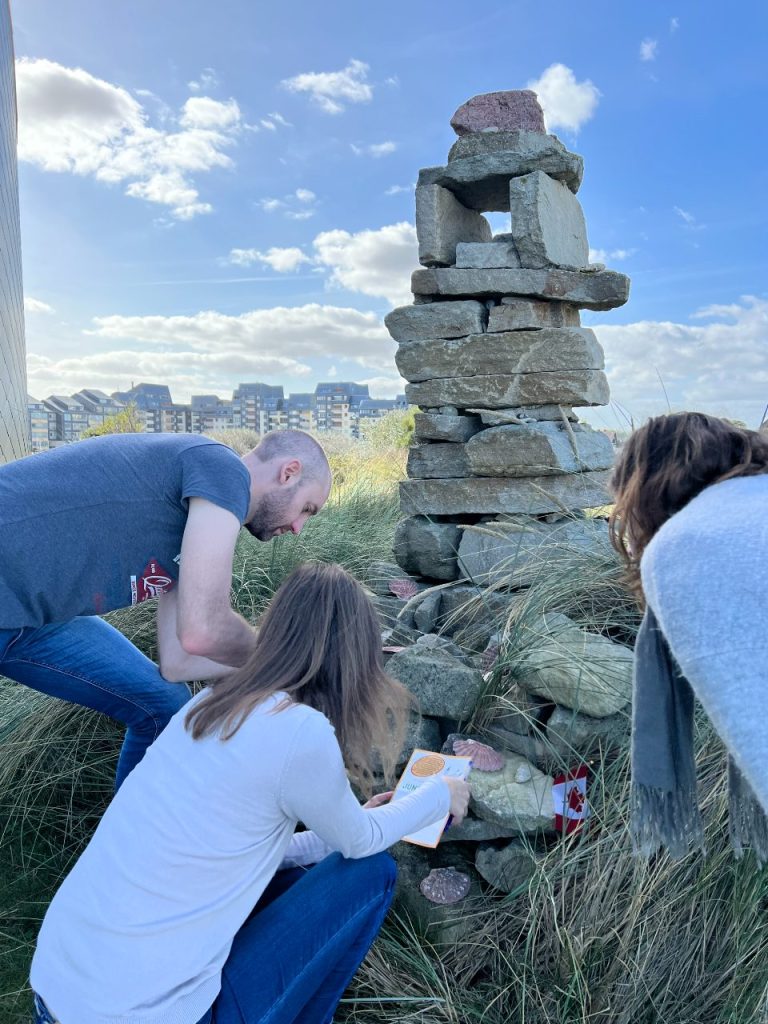
“After a few seconds’ hesitation, we soon found the clue to our progress”.
The clue hunt resumes; this time heading for another corner of the remains park, our little group scrutinizes every aspect of what could be the next hiding place to explore.
Step by step, we can’t help but notice how much this place is steeped in the history of the Second World War.
We realize that here thousands of soldiers took part in the greatest armada of all time to liberate Europe.
Mission accomplished: after just over an hour’s play, it’s time to bring the game to a close.
Satisfied with our hunting trip, we will long remember this convivial moment.
The afternoon was devoted to the past and the preservation of this fragile ecosystem.
And what about the museum?
The Juno Beach Centre is the only Canadian museum on the D-Day landing beaches. Perfectly suited to family visits, it was conceived and designed by Canadian veterans.
This museum presents and dramatizes Canada’s role and the intervention of Canadian troops.
You will enjoy your visit through a dynamic, interactive scenography suitable for children aged 7 and up.
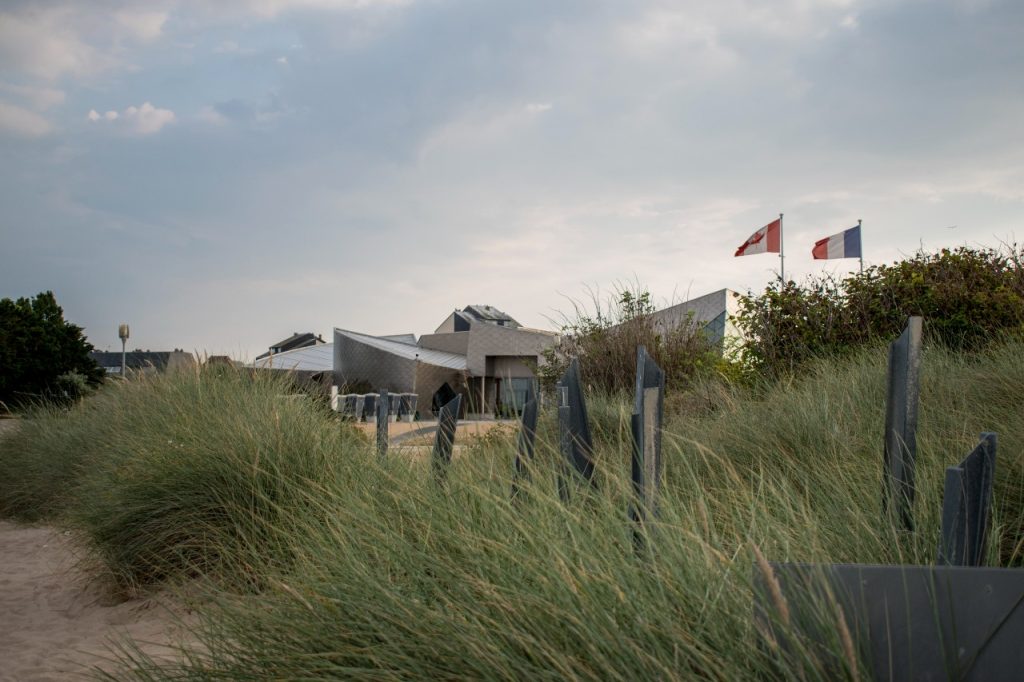
Credit : CJB-Nik
The museum is also committed to the biodiversity that surrounds it.
The Juno Centre’s proximity to the sea and the River Seulles underlines the need to preserve the local flora and fauna.
To conclude…
- Free and open to all, this quest combining memory and biodiversity is made for you. Allow around 1h30
- for young and old alike.
- Bear in mind that the flyer is available at the museum reception desk and Courseulles-sur-Mer tourist office.
- Address: Voie des Français Libres 14470 Courseulles-sur-Mer
- (Once you’ve found the caches, please make sure you put them back so that the next players can find them in turn).
Juno Beach Centre
COURSEULLES-SUR-MER
The Juno Beach Centre is the only Canadian museum on the D-Day landing beaches. The Centre presents the civil and […]
Juno Park
COURSEULLES-SUR-MER
Guided tours of the bunkers opposite the museum with the Canadian guides of the Juno Beach Centre in French or […]
